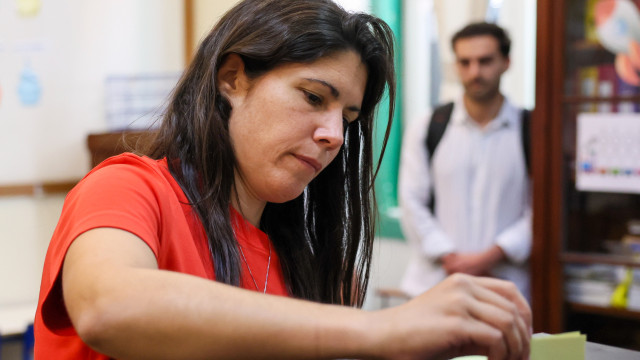“We believe that in Europe we need this response and are pioneers in the development of what we call the digital euro, for both retail and wholesale use,” stated François Villeroy de Galhau, president of the French central bank, at the Berlin Global Dialogue conference in Berlin, Germany.
Similarly, the president of the German central bank, Joachim Nagel, argued that this payment instrument is necessary to “avoid a situation that ends in some kind of financial turmoil.”
The European Central Bank (ECB) launched the digital euro project in 2021, and on Thursday, the heads of state and government of the European Union (EU) advocated for accelerating the adoption of the digital euro during the Brussels summit.
The eurozone central banks intend to issue their own digital currencies to improve the payment system amid the rise in electronic payments and the decline of cash usage.
Simultaneously, they also believe that the creation of unregulated private electronic payment instruments, such as stablecoins (cryptocurrencies that aim to maintain a stable value relative to an asset like the euro or dollar), could compromise financial stability.
The Bundesbank president (German central bank) emphasized the need not to forget what happened in 2008, when the collapse of the U.S. investment bank Lehman Brothers triggered a global financial crisis with severe consequences in Europe as well.
“We need a digital response for an environment that is becoming increasingly digital around us,” emphasized Nagel.
The German banker further considered this to be a matter of “national sovereignty,” as most financial data is hosted abroad, mainly in the United States, and Europe “needs a certain independence.”
Nagel explained that there would not be significant changes for users, as they could use the digital euro from their current bank account and pay through a mobile application from their local financial institution.
The German illustrated that, on current flights, onboard service is no longer paid in cash but with Visa, Mastercard, Apple Pay, or PayPal, considering that in the future it should also be able to be paid with the digital euro.




